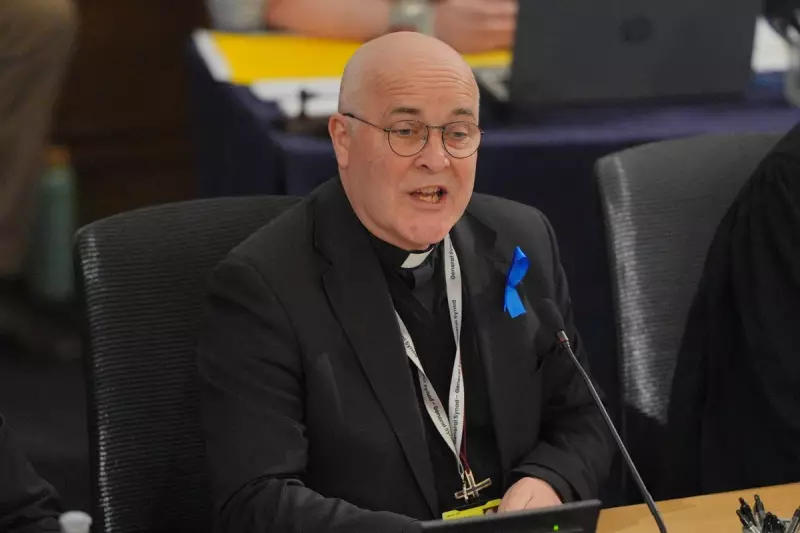
In a significant move that signals a major battle over Britain's future, Labour leader Sir Keir Starmer has secured heavyweight backing for his ambitious plan to dismantle the House of Lords and redistribute power across the UK.
The proposed reforms, championed by former Prime Minister Gordon Brown, represent the most radical overhaul of the British political system in generations. They aim to scrap the unelected upper chamber and replace it with a new, democratically accountable assembly.
A Coalition for Change
Starmer's vision has garnered support from a powerful and diverse coalition. Notably, the former Archbishop of York, John Sentamu, has thrown his considerable moral authority behind the plans, arguing they are essential for a fairer Britain.
This alliance between a former PM, a senior religious leader, and the Leader of the Opposition creates a formidable force for change, placing constitutional reform at the top of the political agenda.
Taking Power Out of Westminster
The core of the proposed reforms extends beyond the Lords. The plans envision a massive transfer of power away from Whitehall to the nations and regions of the UK. This includes devolving new economic and social powers to local leaders, aiming to boost growth and ensure communities have more control over their own futures.
Advocates argue that the current centralised system is broken and stifles innovation, and that these changes are crucial for addressing the deep-seated regional inequalities that persist across the country.
The Road Ahead
While the proposals have been praised by reformers, they are expected to face fierce resistance from establishment figures and conservatives who view the Lords as a vital part of the UK's constitutional fabric. The debate sets the stage for a defining political conflict, potentially shaping the manifesto for the next general election.
Starmer, with his allies firmly behind him, is now positioning Labour as the party of systemic change, betting that the public's appetite for a more modern and equitable democracy will trump centuries of tradition.





